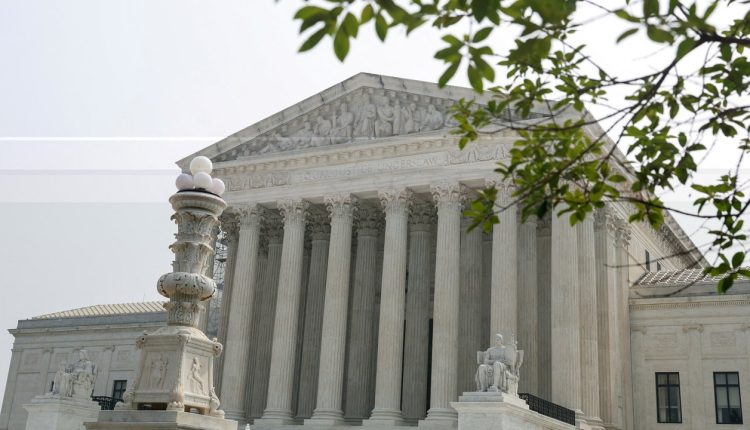The U.S. Supreme Court on Friday agreed to consider whether shareholders can sue companies for fraud when they flout a rule requiring them to disclose trends expected to affect their bottom line in a case involving a suit by hedge fund Moab Partners against Macquarie Infrastructure.
The justices took up Macquarie’s appeal of a lower court’s decision in favor of Moab Partners in the case in which the infrastructure company was accused of failing to disclose that its revenues were vulnerable to an international phase-out of high-sulfur fuel oil between 2016 and 2018.
Moab Partners filed a proposed class action against Macquarie in 2018, accusing it of hiding the fact that a subsidiary’s revenues relied on demand for storage of a freighter fuel that international regulators sought to eliminate by 2020. Both companies are based in New York.
According to the lawsuit, Macquarie violated a U.S. Securities and Exchange Commission rule requiring companies to disclose known trends and uncertainties likely to significantly affect their financial position.
CRITICS SLAM LATEST PROPUBLICA ‘HIT PIECE’ ON JUSTICE CLARENCE THOMAS
In asking the Supreme Court to take up the case, Macquarie argued that the ruling by the Manhattan-based 2nd U.S. Circuit Court of Appeals conflicted with an earlier one by the San Francisco-based 9th U.S. Circuit Court of Appeals that said shareholders may not sue over violations of the rule.
The U.S. Chamber of Commerce and the Securities Industry and Financial Markets Association filed a brief supporting Macquarie, saying the uncertainty over the issue has prompted companies to issue bloated disclosures out of fear of being sued.
Moab had urged the justices not to take up the appeal, saying the lawsuit contains other claims that would not be affected, and that a ruling by the Supreme Court would have little impact as similar cases are rare.
The U.S. Supreme Court was set to review the issue in a 2017 case involving Virginia-based government contractor Leidos, but that case settled before the justices heard arguments.
The case is due to be heard in the court’s new term, which begins on Monday.
Read the full article here

